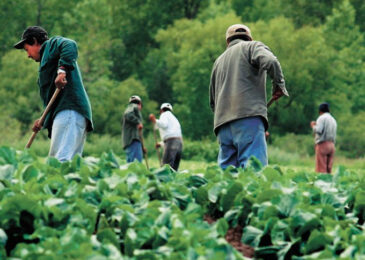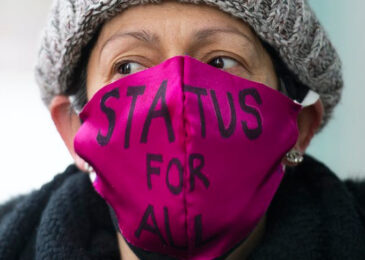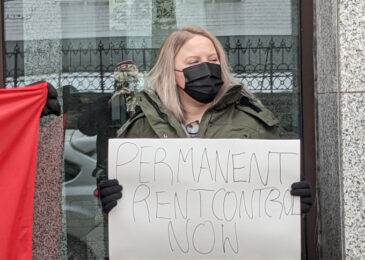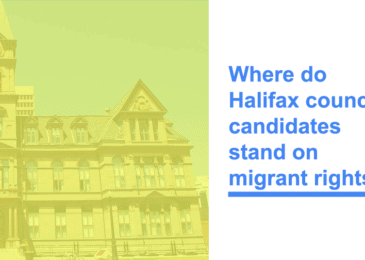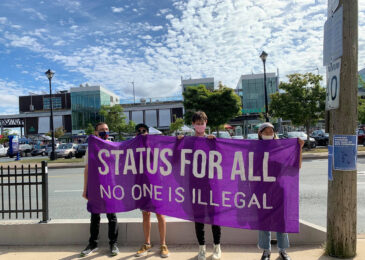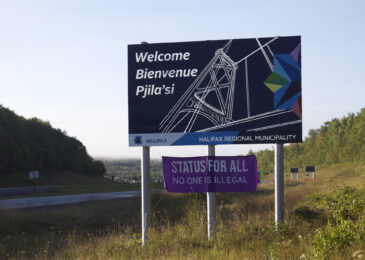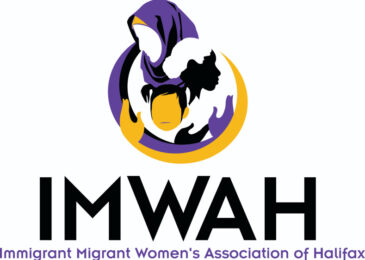Nova Scotia’s vaccine access not working for migrants, advocates and health experts say
SInce at least late February migrant justice advocates and health experts have been asking the province to implement specific measures ensure that migrants, including people without migration status, refugee claimants, international students and migrant workers, all have full access to the COVID-19 vaccine. Getting the province to pay attention continues to be an uphill battle.

